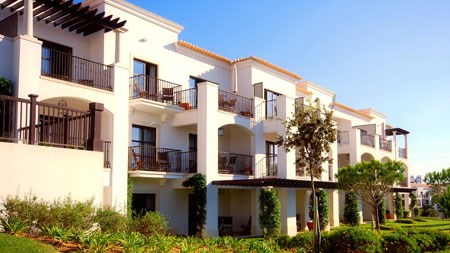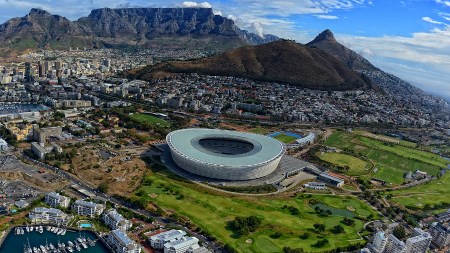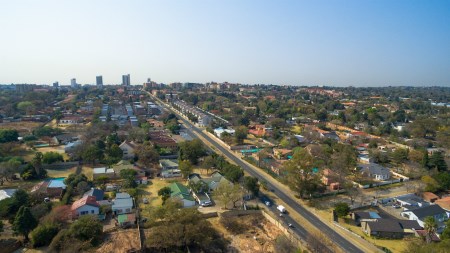An economic slump invariably affects the property market. Some areas are affected more than others and it appears holiday towns are feeling the pinch.
An economic slump is always going to have some effect on the property market. However, some areas of the country are set to feel the sting more than others and unfortunately, it appears holiday towns are in the firing line.
We're not, of course, talking about towns that appeal to tourists. It's fairly obvious that regions that have a strong industrial or business sectors coupled with strong tourism are going to perform better than those which don't.
Areas such as Umhlanga Rocks has weathered the storm pretty well, regardless of how the economy is performing. Lightstone statistics indicate that in 2005 a total of 298 sectional title units were sold for an average price of R1.5-million. This figure dipped to 186 in 2010, however the average price climbed to R2-million, despite the fact that we were basically in the middle of the global crunch. In 2013 a total of 270 units were sold for an average price of R2.3-million and last year 241 units changed hands for an average price of R2.850-million.
In 2005 a total of 50 freestanding homes were sold in Ballito for an average price of R950 000. In 2009 this figure dropped dramatically and only 10 such properties were sold that year, however the average price paid increased to R1.455-million. The number rose in 2013 when 34 freestanding homes were sold for an average of R1.775-million. The number of homes sold last year dipped to 29, however, the average price paid for a freestanding home in this area had grown to R2.2-million.
Things were somewhat different on the South Coast of KwaZulu-Natal. Renown for its beautiful beaches, there is very little in the way of industry in the area. Popular with retirees and those looking for a second home, small towns such as Margate boomed in 2006/7 when 382 sectional title properties changed hands for an average price of R638 000 and R650 000 respectively. When the credit crunch hit in 2008 the numbers dropped significantly when 208 units were sold for an average price of R495 000. Last year 236 units were sold for an average price of R511 000.
In Shelly Beach, which is regarded as the commercial hub of the area, in 2005, a total of 145 sectional title units were sold for an average price of R950 000. By 2007 this figure had dropped to 140 units sold, however, the average price rose to approximately R1-million. In 2008 a total of 123 units changed hands, but the average price paid for a unit dropped significantly to R595 000. In 2015 a total of 79 units sold for an average of R800 000.
As we’ve shown, holiday towns that rely heavily on the second home market haven't faired as well as those that enjoy both the holiday market and a strong residential sector.
According to John Loos, it is natural for markets such as these, which rely on a high level of non-essential holiday home buying, to be more cyclical than the more primary residence-driven metro areas.
He says prior to 2014, holiday towns had lagged the Major Metro Residential Regions for most of the period from 2010 to 2013, showing house price deflation over a significant part of that period.
“By 2014, however, financial pressures and household sector caution, emanating from the 2008/9 recession period, had eased after some years of low interest rates, and the holiday town market began to make a noticeable “comeback”. Its prior price deflation and very low inflation over the 2010 to 2013 period had also driven a significant holiday town residential affordability improvement.
“Of late, however, we are back to an increasingly constrained financial situation, with rising interest rates and slowing economic growth. This environment works more against holiday home buying levels than it does against primary residential demand,” he says.



